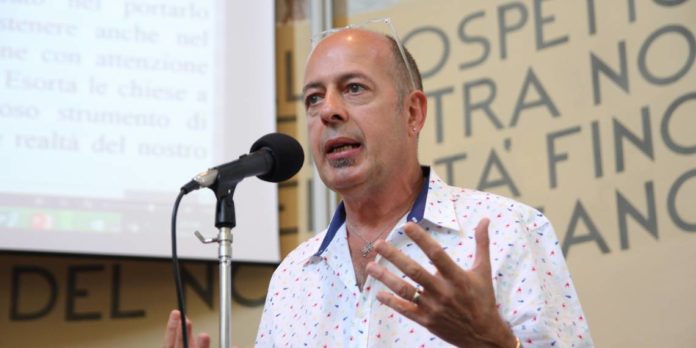Rome (NEV), March 24, 2017 – “Sixty years after the Rome Treaties it is fair to wonder what kind of Europe we have built and what kind of Europe we expect for the future” – said pastor Luca Maria Negro, president of the Federation of Protestant Churches in Italy (FCEI) -. As Protestants we cannot but express a deep concern for the crisis of those European values which have guided the founding fathers and mothers of the Union and which are mostly our same values. As Italian protestants we are very interested in the construction of a political Europe, since we recognize that only in this field of peace we could and we will be able to cultivate a witness, beyond the national level, on themes such as social justice and safeguard of creation. I think, for example, of the European ecumenical assemblies of Basel (1989), Graz (1997), Sibiu (2007); of the Ecumenical Charter, signed by the European Churches in 2001; of the engagement of structures such as the Conference of European Churches (CEC) and the Commission of European Churches for Migrants in Europe (CCME)”.
“The size and complexity of the present European Union – continued Negro – expose it undoubtedly to some weaknesses and contradictions (the difficulties in facing the migration emergency from the Mediterranean sea, just for an example), but the generous attempt to imagine Europe as a common home still is a guarantee of peace, solidarity and pluralism. And also a legal guarantee of humanity: it is in the Schengen Treaty that it was possible to find the device to activate our ‘humanitarian corridors project’ for the benefit of vulnerable refugees”.
“For the future – concluded Negro – I firmly hope that Europe will remain faithful to the better part of its history. We must not forget that “United in diversity” is the motto chosen by the European Union. A motto that sounds very familiar to Italian Protestants, always engaged in the ecumenical and interreligious dialogue. I like to think of the future of Europe as an ecumenical effort, as a “union of minorities” – in the words of Romano Prodi – in constant dialogue with each other”.





























